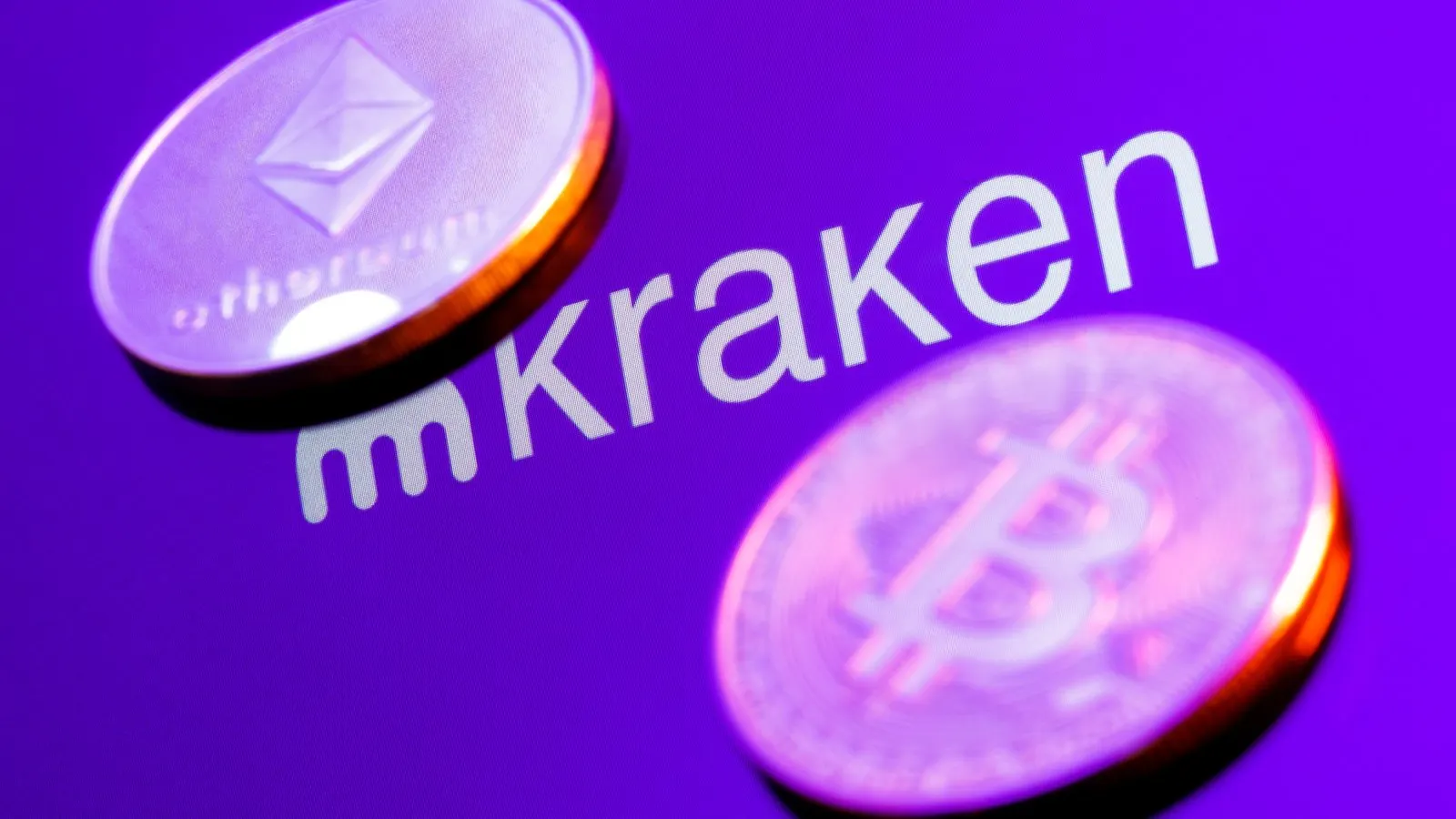Kraken, a crypto exchange headquartered in San Francisco, is facing fines for unlawfully issuing a credit facility in Australia.
Australia's financial watchdog, the Australian Securities & Investments Commission, has fined Kraken's local operator $5.1 million for illegally offering margin trading to retail customers. The penalty has been levied against Bit Trade, which runs Kraken's operations in the country.
The regulator said that over 1,100 retail customers accessed high-risk margin trading products on the platform, and they weren't properly screened.
This led to more than $5 million in collective losses. A judgment filed Thursday to the Federal Court of Australia details the circumstances of these investments.
"[...] Bit Trade is not required to prepare a TMD for the Product because the DDO regime does not apply to credit facilities used for investment purposes (i.e., credit facilities used to buy or sell crypto assets)," the judgment's opinion reads. TK
A TMD (target market determination) is a documentary requirement that financial firms must make to define who their customer base is, a factor that also helps them form a distribution strategy. The DDO (design and distribution obligations) referred to in the opinion is a framework that requires companies to develop and follow these TMDs when offering financial products to retail customers.
The case with Kraken marks the ASIC's first penalty made under the design and distribution rules which have been in effect since October 2021.
Together, these requirements form Australia's consumer protection system that ensures financial products reach appropriate customers rather than being marketed indiscriminately to everyone.
The Federal Court said it found damning evidence of negligence on Bit Trade's part. Justice Nicholas characterized Bit Trade's compliance system as "seriously deficient." The company ignored regulatory requirements until the ASIC stepped in.
The judge determined these violations were driven by profit motives.
"Target market determinations are fundamental in ensuring that investors are not inappropriately marketed products that could harm them," ASIC Chair Joe Longo said in a statement from the regulator.
The timing proves particularly awkward for Kraken. Last month, the exchange announced a new licensed broker service for Australian wholesale investors. At the time, the exchange pitched this as part of their "ongoing commitment to regulatory compliance," as it continues to expand in the country.
The reality painted by ASIC tells a different story. Customer data shows 225 retail clients lost more than $1,000 each. One investor lost nearly $4 million. But ASIC says the company kept offering margin products despite knowing the risks.
The ASIC's investigation also reveals some deeper issues at hand.
For one, Bit Trade had no proper systems to assess customer suitability. They allowed retail investors to use borrowed funds for crypto trading, the agency said, which in turn created dangerous leverage scenarios in an already volatile market.
Bit Trade must also pay ASIC's legal costs from the proceedings. They've since restricted margin trading to wholesale clients only.
But for many retail investors, the damage is already done.
The fine marks a critical moment for crypto regulation in Australia, as it shows how regulators won't tolerate exchanges that prioritize growth over customer protection. Other platforms will likely take notice.
This enforcement signals growing regulatory scrutiny of crypto exchanges. ASIC is currently consulting with the digital assets sector as it seeks feedback on proposed crypto regulation updates through February 2025.
Edited by Stacy Elliott.





